Agent Advice: Douglas Stewart of Sterling Lord Literistic

The agent of Jami Attenberg, David Mitchell, Carolyn Parkhurst, Matthew Quick, and others offers guidance about publishing credits, MFA programs, and unagented submissions.
Jump to navigation Skip to content
Articles from Poet & Writers Magazine include material from the print edition plus exclusive online-only material.

The agent of Jami Attenberg, David Mitchell, Carolyn Parkhurst, Matthew Quick, and others offers guidance about publishing credits, MFA programs, and unagented submissions.

Geoffrey Bartholomew, poet and head bartender at McSorley’s Old Ale House, New York City’s famous saloon, reveals how he sold five thousand copies of his self-published poetry collection while pushing pints from behind the bar.
While other social networking sites are useful for playful community-building, LinkedIn provides a place for professional writers to focus on sincerity when creating connections.
Despite the recent collapse of book review sections in newspapers and magazines, the form is still thriving across a variety of venues, from web-savvy publications to local papers.
Public relations consultant Lauren Cerand offers tips for how to use Twitter to promote yourself and your writing, engage with your readers, and stay current on the publishing and literary scenes.
Public relations consultant Lauren Cerand offers tips for how to utilize Twitter, Facebook, blogs, and community Web sites to not only persuade a reader to buy a book, but to do it now.

Gabriel Cohen, coordinator of Sundays at Sunny’s, one of New York City’s longest-running literary reading series, talks with John B. Thompson, author of Merchants of Culture: The Publishing Business in the Twenty-First Century, who demystifies the complexity of the book-publishing industry in the United States and in the United Kingdom.
Does your book need to be finished before you seek representation? Do agents really read synopses? Agent Jenni Ferrari-Adler, whose clients include Lauren Shockey and Emma Straub, answers these questions and more.
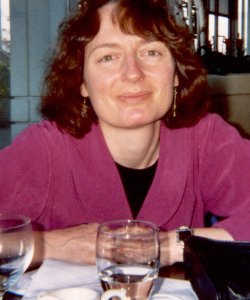
The former executive editor of Alice James Books reveals her strategies for editing a strong book.
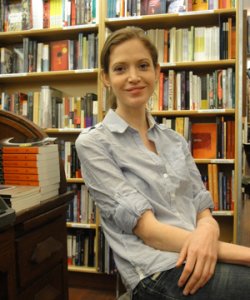
In the sixth installment of our series Inside Indie Bookstores, contributor Jeremiah Chamberlin travels to New York City to speak with Sarah McNally, owner of McNally Jackson Books.

When is the best time in your career to look for representation, and when should you call off an author-agent relationship? Terra Chalberg, whose clients include Lori Ostlund and Glenn Taylor, tackles these questions and more.
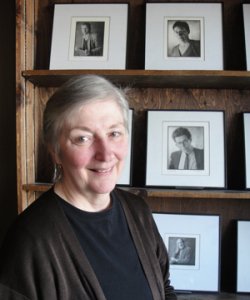
In the fifth installment of our series Inside Indie Bookstores, contributor Jeremiah Chamberlin travels to Denver to speak with Joyce Meskis, owner of Tattered Cover Book Store.

The agent of authors such as Kevin Brockmeier and Marisa de los Santos offers her thoughts on self-publishing and what she looks for in the first five pages of a writing sample.
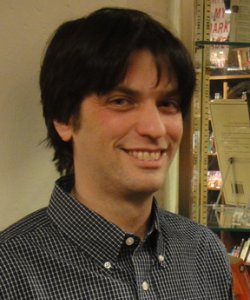
In the fourth installment of our series Inside Indie Bookstores,
contributor Jeremiah Chamberlin travels to Milwaukee to talk with Daniel Goldin, owner of Boswell Book Company.
Today, Karl Marlantes's debut novel is garnering praise for its vivid, trenchant portrayal of American soldiers in the thick of the Vietnam War. But for more than thirty years, the manuscript languished in literary purgatory, while the author struggled to find an agent—not to mention a publisher—willing to take it on.

The agent of authors such as Samantha Hunt, Dinaw Mengestu, and Josh Weil offers advice on shaping a query letter and when to follow up after pitching your book.
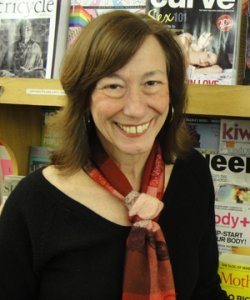
In the third installment of our series Inside Indie Bookstores, contributor Jeremiah Chamberlin travels to Chicago to talk with Linda Bubon and Ann Christophersen, co-owners of Women & Children First.
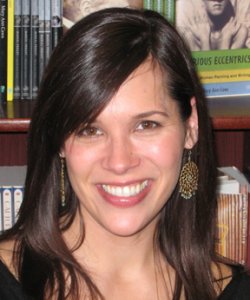
Agent Katherine Fausset answers questions from readers about the agent's role in submitting work to literary magazines and
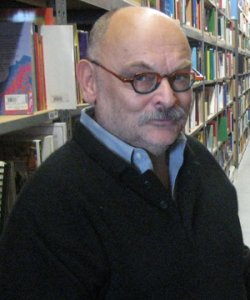
In the second installment of our series Inside Indie Bookstores, contributor Jeremiah Chamberlin travels to Portland, Oregon, to talk with Michael Powell, owner of Powell’s Books.
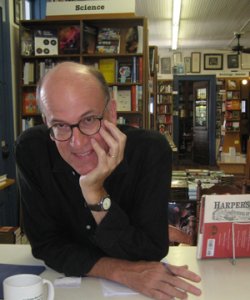
In the inaugural installment of Inside Indie Bookstores, a new series of interviews with the entrepreneurs who represent the last link in the chain that connects writers with their intended audience, Jeremiah Chamberlin talks with Richard Howorth about his initial vision for Square Books, how a bookstore can stay relevant in the twenty-first century, and the future of independent bookselling.
Ordering poems becomes a familiar act if you consider the lyric poem in its original form—the song. And if you were the kind of incessant list-maker Nick Hornby describes in his novel High Fidelity, the kind who also made mix tapes from your album collection. If you were the kind of geek my college boyfriend, Tim, was and—admittedly—the kind I was too.

“Can you really teach creative writing?” Professor and novelist Dan Barden answers this while offering his own unorthodox approaches to teaching a workshop.
From conceptualization to marketing and sales, novelist Timothy Schaffert reveals the ins and outs of book jacket design, offering examples and tips on how authors can work with their own agents and editors to facilitate the process.
Balancing parenting with a career is a challenge for any professional, but for writers, it can require a fresh outlook on life.
Novelist and professor Ann Pancake gives advice on how to evaluate criticism of your work.